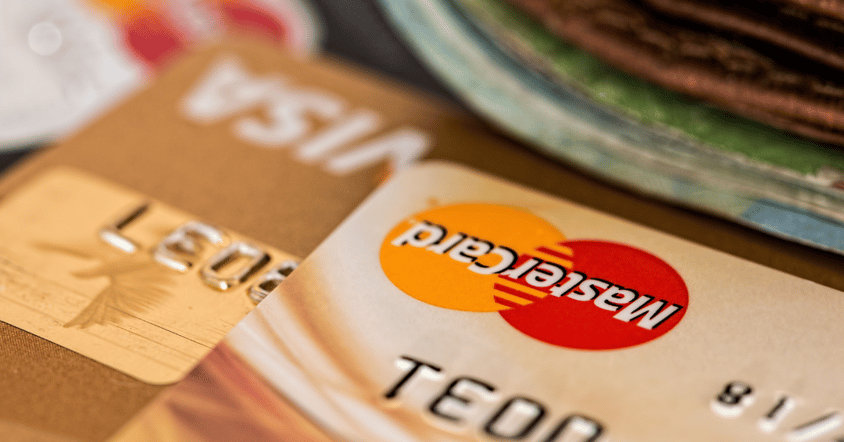Interbacs celebrates 20 years of delivering innovative payment services and expands offerings with...

Safeguard your business with bank account verification
According to UK Finance, almost 3 million instances of fraud occurred in 2022, amounting to losses of over £1.2 billion. Due to increased connectivity, social engineers are continually refining their methods of obtaining sensitive information to use for nefarious purposes.
This makes it imperative for businesses to take steps to safeguard not only themselves but their customers too.
This is where bank account verification comes into play.
- What is bank account verification?
- How does it work?
- Benefits of bank account verification
- Multifaceted protection
What is bank account verification?
Bank account verification is the process of checking the validity of customer details before transactions. To ensure customers are who they say they are, businesses need to conduct the appropriate checks and validate any details given to them. This helps prevent fraud and ensures the account belongs to a legitimate person, not an imposter or fraudulent actor.
These checks, also known as 'know your customer' or 'KYC' checks, can be an invaluable tool for businesses in protecting against fraudulent attacks. Completing these checks helps deter fraudsters by alerting companies to suspicious information.
Bank account verification also prevents the input of wrong credentials and money from being transferred to or debited from the wrong account. Checking credentials before completing transactions also safeguards businesses from unnecessary chargeback fees and closes loopholes for fraudsters to exploit.
How does it work?
Bank account verification uses information such as account numbers and address details to verify the person in question.
Bank account verification checks can be carried out by checking whether the address and account details are related to validate the identity of the individual. Sometimes, the individual's address history is also examined to enhance verification.
Additionally, some tools can also provide alerts for fraud indicators. For example, the age of an account can be checked to identify any potential fraud risks. As newer accounts typically hold a higher fraud risk than more established accounts, this step in the verification process can further prevent instances of fraud.
Benefits of bank account verification
There are numerous advantages to bank account verification which businesses can benefit from. Bank account verification not only helps reduce the risk of fraudulent activities by criminals but also builds trust with your customers and prevents human error.
Let's explore some of these benefits.
Increase customer trust
Payment fraud is an ongoing concern for many individuals. In a survey conducted by Entrust, 90% of respondents expressed concerns about falling victim to payment fraud. This highlights the need for businesses to provide solutions to protect their customers.
By completing the appropriate bank account verification checks, companies can demonstrate their due diligence to customers and show they care about protecting them from fraudulent attacks.
Verifying information before making transactions reassures customers that the business is reputable and is taking sensible actions to safeguard their details.
Save money
Bank account verification can also save businesses money. If a company hasn’t conducted the necessary verification checks, it can be left open to several charges and fees.
Businesses can protect themselves against indemnity claims and fraud by completing the appropriate checks. In these cases, fraudsters will request a refund under the Direct Debit guarantee on the grounds that they didn’t authorise the payment. However, if a business has completed the necessary verification checks during sign-up, it can dispute these claims and avoid losing money.
In addition to this, businesses can use verification tools to save time, money and resources by eliminating unnecessary costs. Administration fees and charges incurred by reprocessing failed or bounced payments can be costly to businesses. Bank account verification systems can prevent these issues by ensuring customer details are correct in the first instance.
Eliminate human error
As well as being an excellent preventative tactic for fraud, bank account verification can minimise issues caused by human error. In cases where bank details have been entered incorrectly, numerous problems can arise.
Mistakes caused by human error can cause issues such as failed payments or money being taken from an incorrect account. This can cause frustration for customers and can potentially sour business-customer relationships. By using an effective bank account verification system, these outcomes can be prevented.
Multifaceted protection
Payment fraud is a serious threat to businesses and individuals and can amount to substantial losses for all who fall victim. To combat this, using tools such as bank account verification can safeguard businesses and protect customers.
Through robust verification checks, companies can be confident in interacting with legitimate customers, protect against fraud, minimise instances of human error and save costs.
To learn more about payment fraud and the importance of bank account verification, take a look at our comprehensive guide below. Our guide discusses the different types of payment fraud and provides advice on identifying, detecting and preventing attacks. Click below to learn more.



